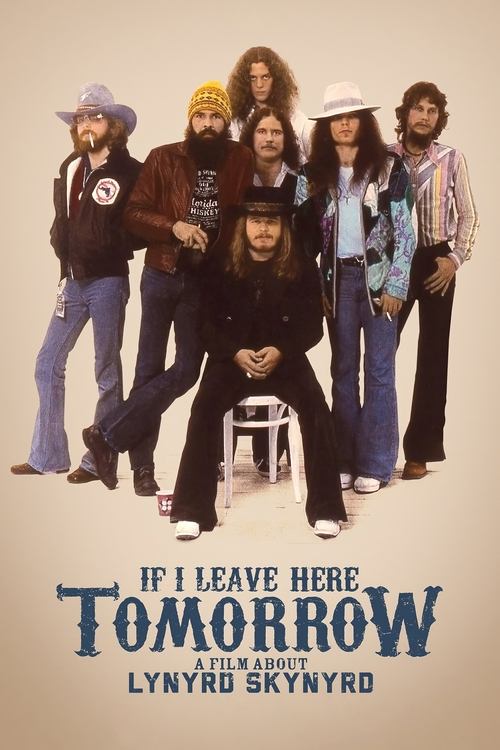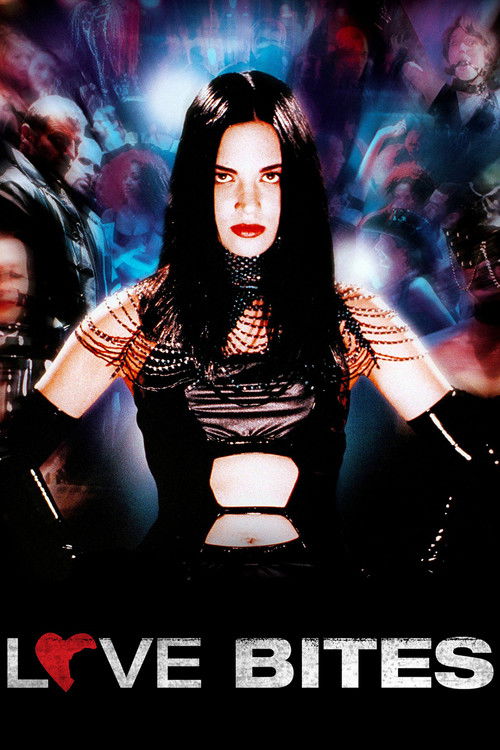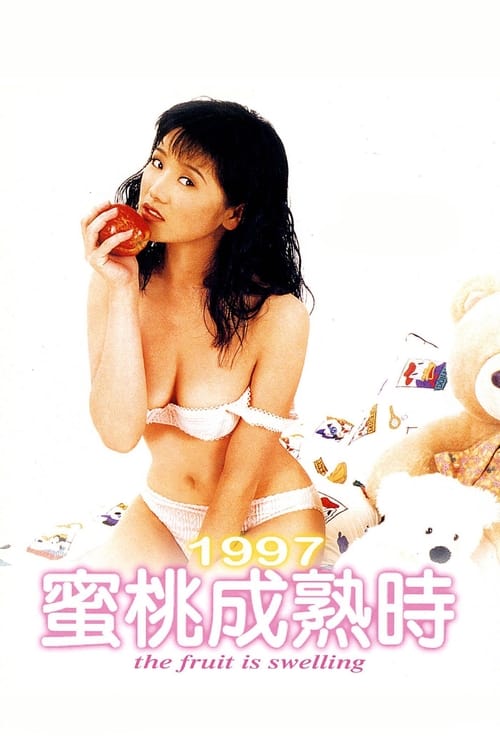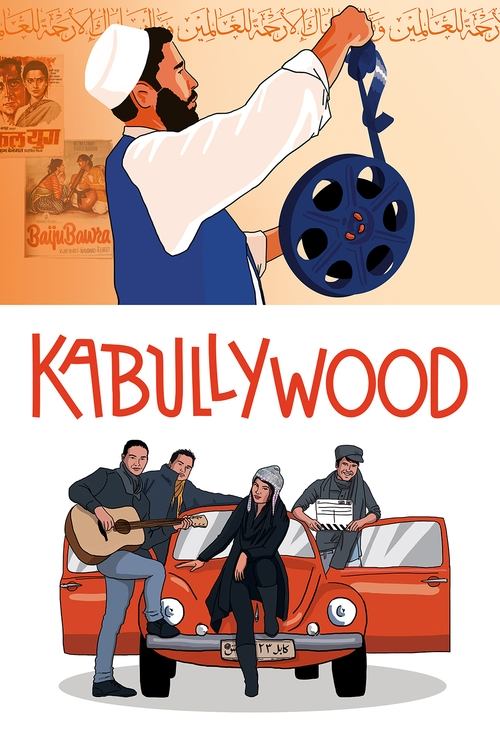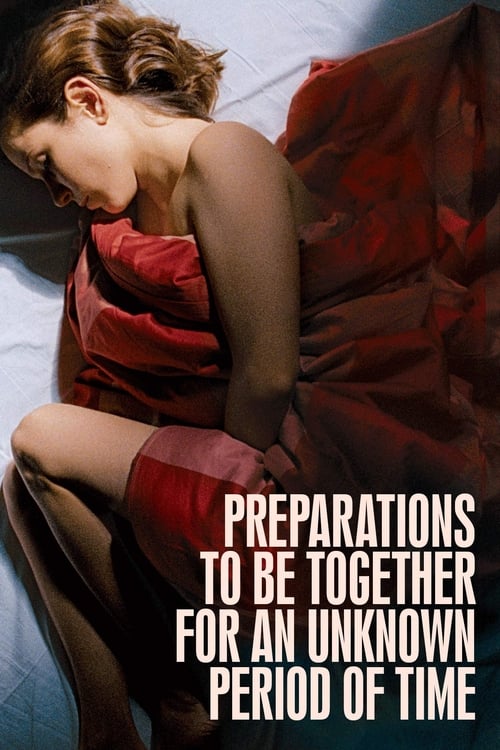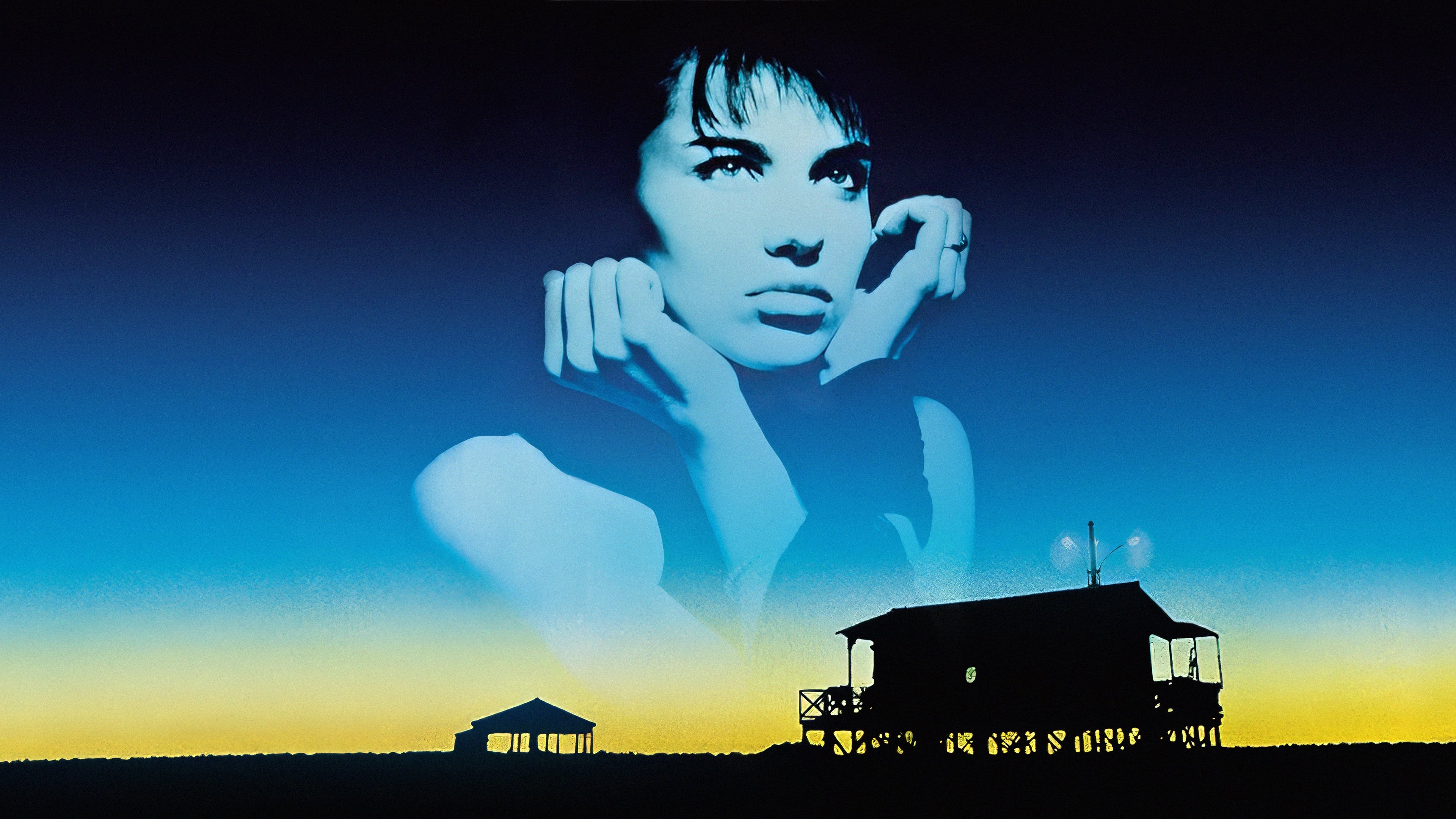
1986
Betty Blue
Drama, Romance
8.0
User Score
454 Votes
Status
Released
Language
fr
Budget
$0
Production
Cargo Films
Overview
A lackadaisical handyman and aspiring novelist tries to support his younger girlfriend as she slowly succumbs to madness.
Review
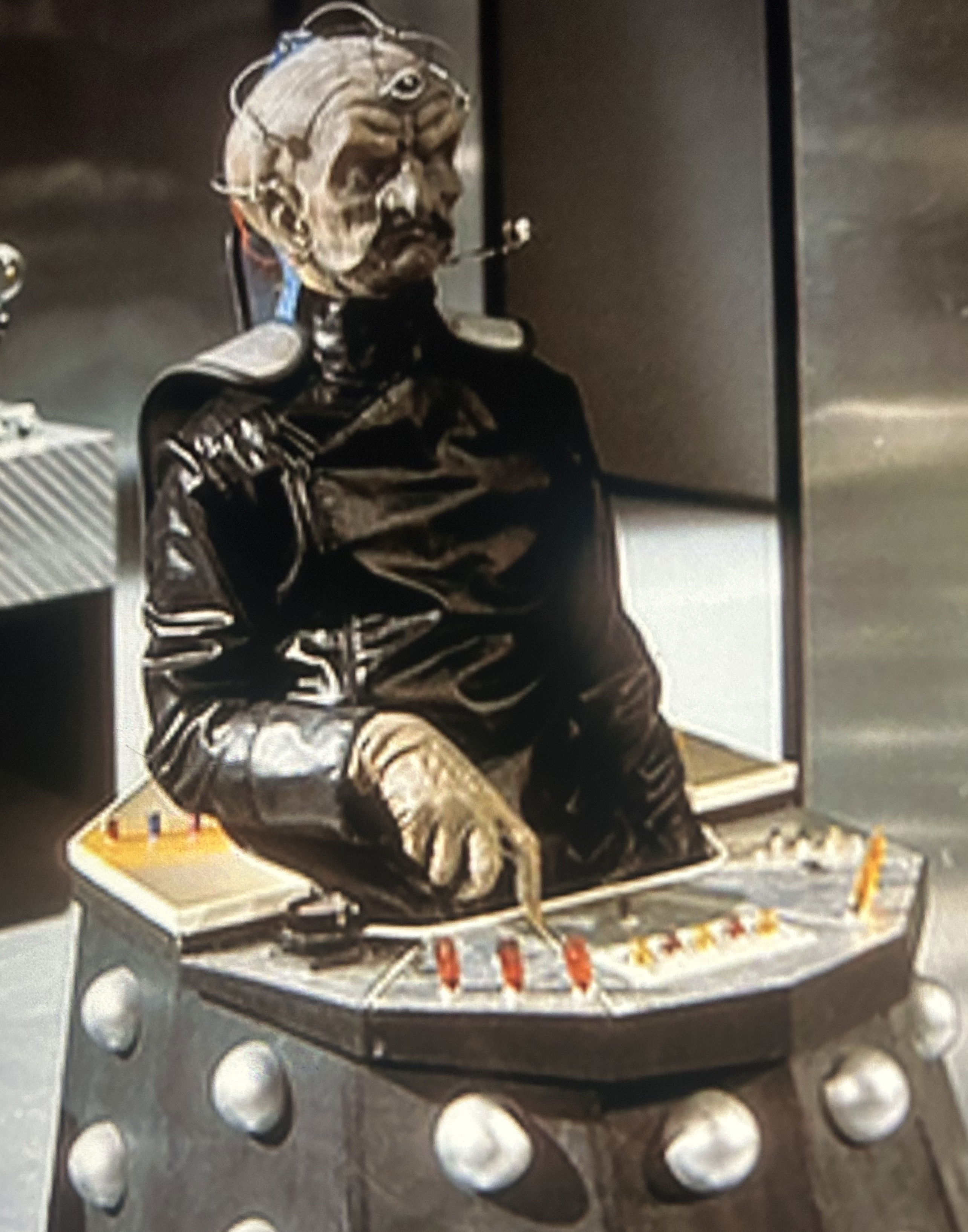
Geronimo1967
7.0
"Betty" (Béatrice Dalle) and "Zorg" (Jean-Hugues Anglade) live a happy-go-lucky life au bord de la mer. Their utopian existence is thrown into chaos by her relationship with his demanding boss who needs all of their bungalows painted in return for the rent to be waived. She then proceeds to throw one of the best strops in cinema before they head off to stay with one of her friends whose boyfriend has just inherited a piano store and that's where our loveable duo end up. They still have their heads in the clouds and when they are not walking around naked, or having sex, or drinking wine - he is supposed to be writing a book. Ha! Fat chance - especially as we almost imperceptibly, at first, begin to realise that "Betty" is becoming unwell. Her grasp of things isn't what it was and her character changes into something poor old "Zorg" struggles to reconcile with - despite his undying love for her. We are seeing things from both perspectives here and that's where the film comes alive. Their respective rationales become ambiguous, their behaviour more erratic - indeed their whole way of life that has been so successfully unstructured thus far might now be the very thing that's making things difficult, maybe even impossible, as the denouement threatens tragedy. There's a great deal of nudity but after about five minutes that is, as so often happens in European cinema, subsumed into a story that is characterful and strong. It does suggest love, lust and joy, but latterly it begins to suggest something else - a vulnerability. It's a bit on the long side but by half an hour in, Dalle has managed to hook the audience and maybe because of them or maybe despite them, I felt that I wanted something good for them. Happiness, contentment, love - all things that prove tantalisingly out of their reach. Can they attain something fulfilling? It mixes the light and fluffy with the intriguing and occasionally quite thought-provoking, and shows us both sides of a coin of helplessness that's quite poignant at times to watch.
Read More 